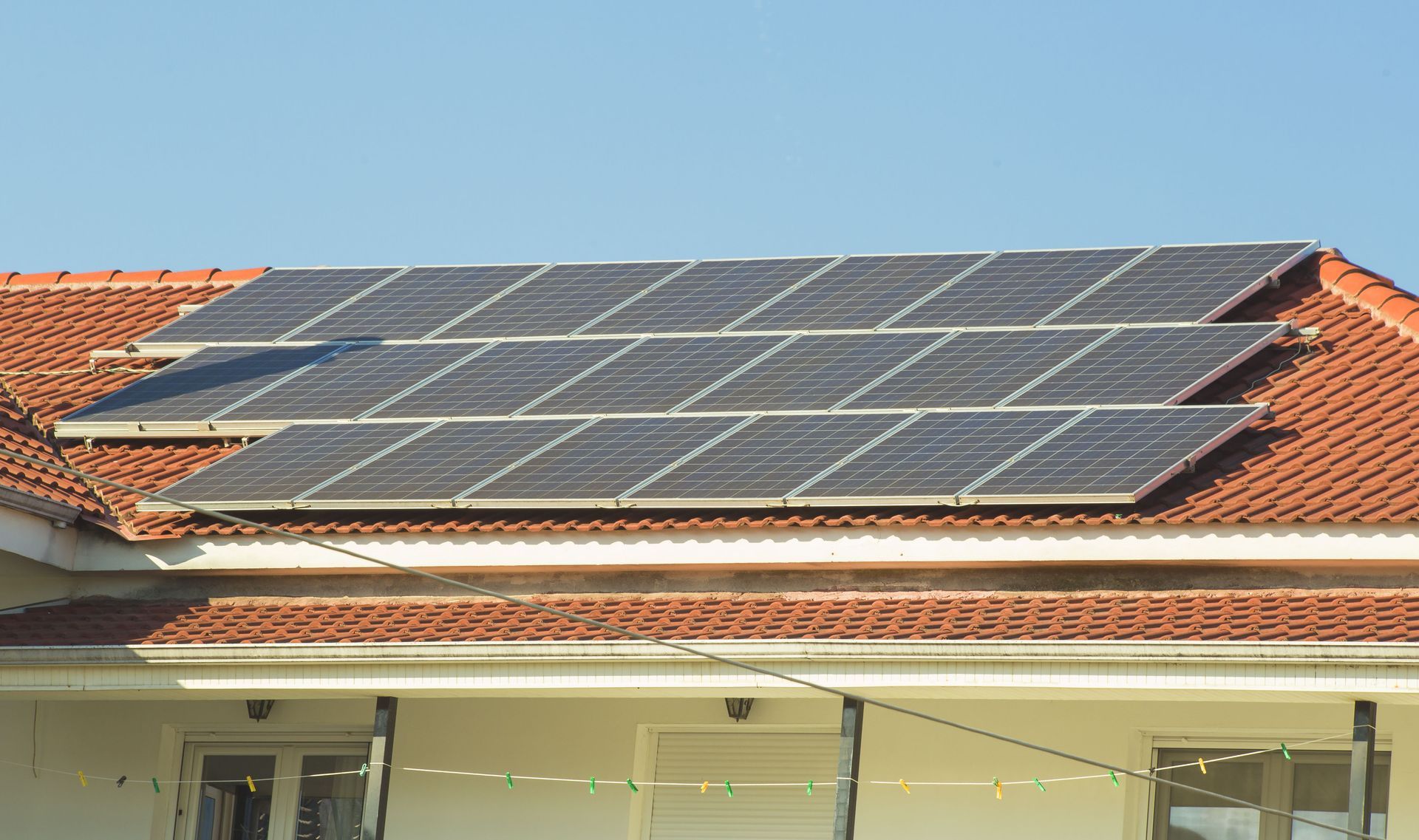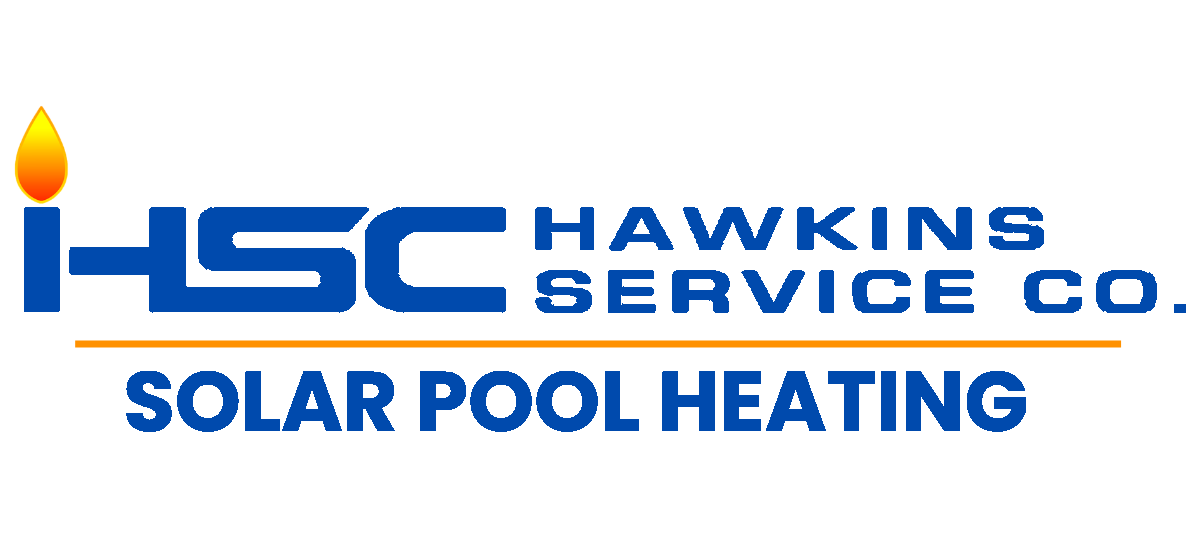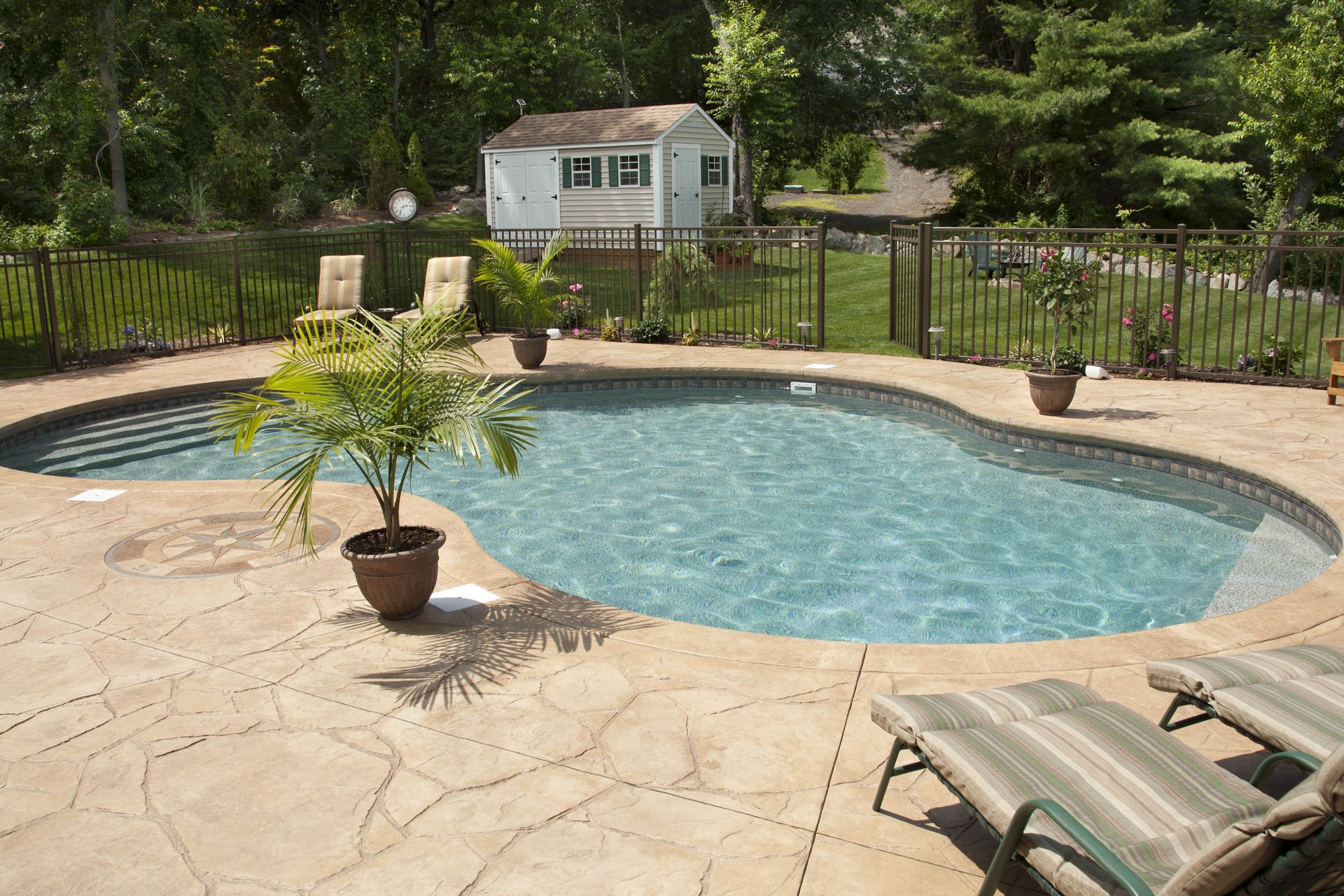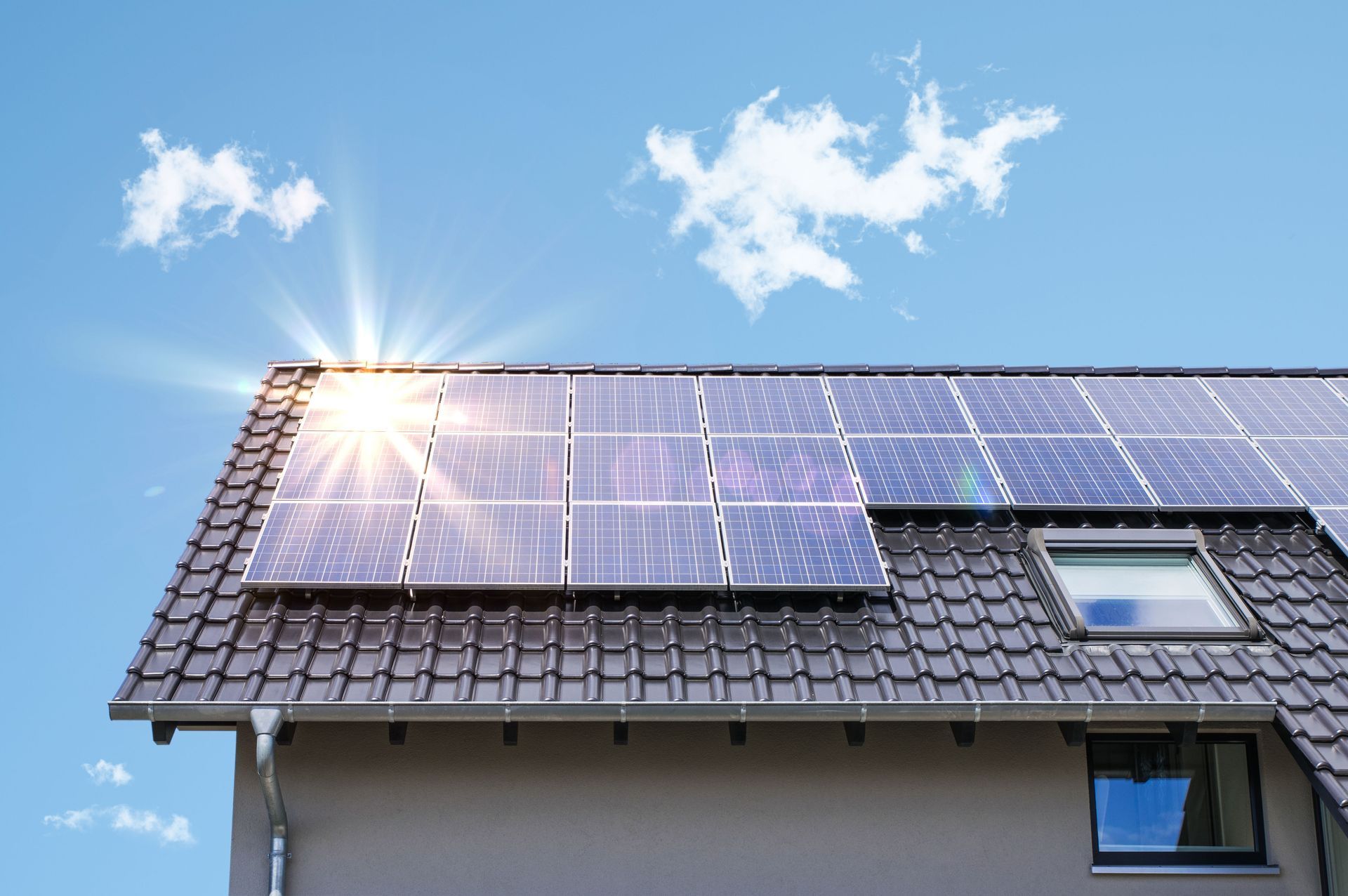4 Things To Know About Installing Solar Systems
As concerns about climate change and rising energy costs continue to grow, more homeowners are turning to solar energy as a sustainable and cost-effective solution. Installing a solar system is a significant investment, and it’s important to be well-informed before making such a decision. Keep reading to learn about the factors involved in installing residential solar panels in your home.
1. Initial Costs and Savings
One of the first considerations for anyone thinking about solar energy is the cost. According to EcoWatch, an online environmental news resource, the average cost of a residential solar system is between $10,290 and $20,580 in the United States. While this amount may seem substantial, it's essential to consider the long-term savings and benefits. Over time, solar panels can significantly reduce your electricity bills, and many homeowners find that their systems pay for themselves within a few years. Additionally, there are various incentives and tax credits available that can help offset the initial installation costs.
Another important factor to consider when evaluating the cost of residential solar panels is the potential increase in property value. Homes equipped with solar panels are often more attractive to buyers, as they promise lower utility bills and greater energy independence. This added value can make the initial investment even more worthwhile, offering homeowners a solid return on investment not only through energy savings but also through increased equity in their property.
2. Choosing the Right Installer
Selecting a reputable and experienced installer is critical to ensuring the efficiency and longevity of your solar system. A professional installer will perform a thorough site evaluation, taking into account factors such as roof condition, angle, and shading. They will also help you navigate the permitting process and ensure that your system meets all local codes and regulations. When choosing an installer, it is advisable to obtain multiple quotes, check reviews, and ask for references to make an informed decision.
It's also important to assess the installer’s experience with different financing options. By exploring these options, you can find a solution that aligns with your budget and financial goals. A good installer should be able to explain the pros and cons of each option, helping you choose the most cost-effective way to finance your residential solar panels. This not only ensures you get the best deal but also maximizes the financial benefits of going solar over time.
3. Maintenance and Warranties
Residential solar panels generally require minimal maintenance, but it’s still important to understand what upkeep is needed to keep your panels functioning optimally. Regular cleaning to remove debris and ensuring that inverters and other system components are working correctly are the primary maintenance tasks. Most solar panels come with warranties, covering any defects or significant degradation in performance. Knowing that your installer will be available to address any issues or questions that may arise gives you peace of mind and protects your investment in the long run.
4. Environmental and Community Benefits
Beyond the financial advantages, installing a solar system has numerous environmental benefits. By generating your own electricity from renewable sources, you reduce your carbon footprint and dependency on fossil fuels. Additionally, surplus energy produced by your system can often be fed back into the grid, contributing to the local energy supply and fostering a more sustainable community. This positive environmental impact can be a gratifying aspect of investing in solar energy.
Another notable environmental benefit of installing residential solar panels is the reduction of air and water pollution. Unlike traditional energy sources, solar energy production does not release harmful emissions or require large amounts of water for cooling, helping to preserve local ecosystems and improve overall air quality. By transitioning to solar, you are actively supporting cleaner, greener energy initiatives, which can lead to healthier communities and a more sustainable future for generations to come. This ecological impact is yet another compelling reason to consider making the switch to solar power.
Installing residential solar panels is a significant decision that comes with various considerations and benefits. By understanding the initial costs and potential savings, taking advantage of available incentives, choosing a reputable installer, staying on top of maintenance, and recognizing the environmental benefits, you can make an informed decision that aligns with your financial and environmental goals. As technology advances and solar energy becomes more accessible, now is an excellent time to call the experts at Solar Solutions Inc to explore how solar power can work for your home. We can get you started with a free consultation!









Share On: